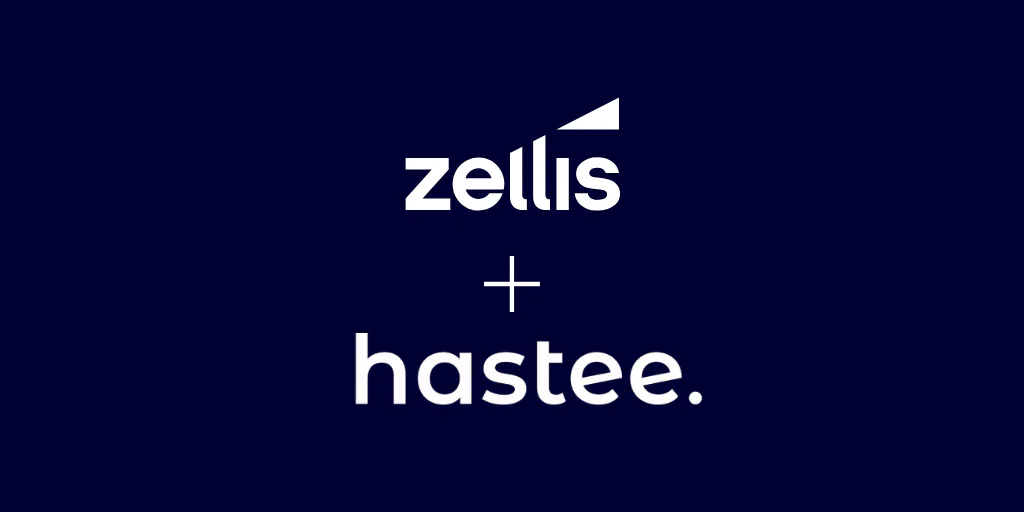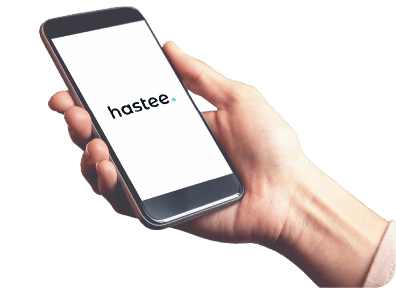
You can pay back your credit and store card debt faster and save a lot of money. Here’s how to do it.
- If you’re struggling to pay card debt
- Pay more than the minimum repayment
- Pay the most expensive card first
- Get a balance transfer card
- What are the risks of balance transfer cards?
- Repay your cards with savings
- Check whether you can claim for mis-sold payment protection insurance
- Be careful how you use your cards
If you’re struggling to pay card debt
If you’re really struggling with your card bills, get free, confidential and impartial advice and support from a debt advice organisation.
Did you know?
If you only paid the minimum payment on an outstanding balance of £2,000 with an APR of 18%
It would take you 34 years to pay it back
You would pay £3,983 in interest.
Source: Totally Money – 2015
Pay more than the minimum repayment
Paying the minimum amount each month makes it feel like the debt is affordable.
Need someone to talk to about your finances?
If you’re struggling with money, you can talk to someone today, online, by phone or face to face. We have specially trained advisers who can help you start sorting out your financial problems.
Find free, confidential advice now using our free debt advice locator tool.
But this can be a really bad idea. If you are on a 0% rate for an introductory period, paying only the minimum each month will make only small inroads into your debt – and it could take ages, and cost a lot, to repay the balance, even if you don’t carry on spending.
And if you took out your card before April 2011, the debt could actually increase.
Also, if you make only minimum repayments, this will show up on your credit file, and other companies might assume you’re struggling and will be more reluctant to lend you money.
This could even affect your chance of getting a mortgage.
Always try to repay as much as you can. Even if you only increase it by a small amount each month, it can make a huge difference.
Use this credit card reality checker to find out how long it will take you to pay off your balance
Pay the most expensive card first
If you have store cards, they will probably be more expensive than credit card debts, so make sure you pay them off first.
Credit cards also charge different rates of interest. This will show on your credit card statement.
Out of all your cards, pay the most on the one with the highest interest rate first, depending upon what kind of balances you have on the card – whether purchases, balance transfers or cash withdrawals.
Make sure you pay at least the minimum payment on all your cards, otherwise you will incur charges.
Get a balance transfer card
If you have a good credit rating you might be able to move your current credit card balance to another credit card offering a low or 0% deal.
There’s usually a fee to pay for this of between 1.5% and 3% of the balance transferred, but it can be worth it as the following example shows.
| Amount owed | £5,000 |
|---|---|
| Monthly repayment | £300 |
| Current credit card interest rate | 19% |
| Time to pay off debt using current credit card | One year, eight months |
| Cost of interest over that time | £772 |
| New credit card interest rate | 0% (for 18 months) |
| Balance transfer fee on a new credit card (3% of the amount owed) | £150 |
| Time to pay off debt using new credit card | One year, five months |
| Total interest saving by using 0% credit card (interest on 19% card minus balance transfer fee) | £622 |
Staying with the current deal means you would pay £622 in extra interest.
You need a good credit rating to qualify for the best balance transfer deals. If you have a poor credit rating find out how to improve it.
Work out how much you could save each month by switching using the Which? balance transfer calculator.
Estimate which card will be cheapest using the MoneySavingExpert card comparison calculator. Some cards don’t charge a balance transfer fee.
What are the risks of balance transfer cards?
Top tip
If you switch to a 0% deal, make sure you pay it off- or pay as much as you can before the deal ends.
- Shop around by looking on websites or phoning different card issuers.
- Ask the lender for a quote before applying. If they need to do a credit reference agency (CRA) check before quoting your APR, ask them to make a ‘quotation search’. This does not leave a footprint on your credit file, unlike an ‘application search’. Too many applications within a short period could suggest you are desperate for credit.
- Don’t apply for a card before you know it’s right for you. Read all the information carefully, and compare interest rates and charges.
- Close old card accounts and cut up cards to help you resist the temptation to keep on spending on them and so build up more debts.
- When going for a 0% deal it’s vital to make a note of when the introductory offer ends. Aim to pay it off before then if you can.
Repay your cards with savings
Use your savings to repay expensive card debts unless you have more urgent priority debts.
You might lose interest on your savings, but you will save much more in the long term.
This is because you’ll pay far less interest on your debt.
Check whether you can claim for mis-sold payment protection insurance
You might have been paying for payment protection insurance (PPI) on your credit cards without realising it or being able to claim on it.
This might have cost you hundreds or thousands of pounds which will be refunded to you if your complaint is successful.
Be careful how you use your cards
With all your credit cards:
- Make at least the minimum repayment every month, even if you have a 0% deal. Otherwise, you’ll pay penalties and could lose your 0% deal. But pay as much as you can to stop the debts mounting up.
- Set up a Direct Debit to make sure you never miss a payment. You can set it up for any amount you want, but make sure it’s more than the minimum repayment.
- Read every statement and letter for important changes, such as an increase in your interest rate, and to check that all the spending is definitely yours.
- Don’t use your card for cash withdrawals or credit card cheques. You’ll be charged fees and higher interest for the whole period until you pay it off.
- If you have a 0% balance transfer credit card, avoid spending on it. Any purchases you make will usually not be included in the 0% deal offer. So you will be paying interest on those purchases if you don’t pay them off in full.
- Don’t be tempted to start using the old card again – it might be best to close the old account and destroy the credit card.
This article is provided by the Money Advice Service.









